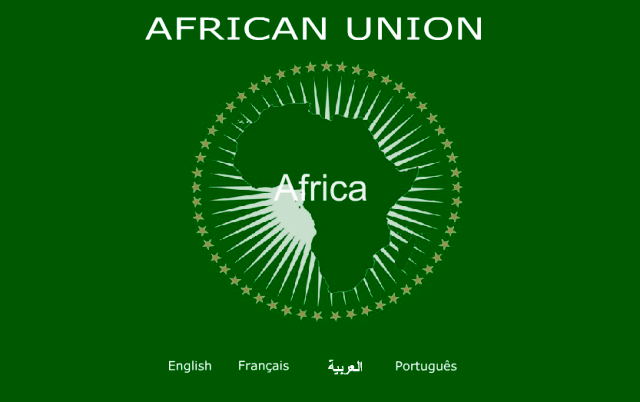Ted Cruz Champions Somaliland Recognition: A Call Echoing the Plight of Southern Cameroons
By Andre Momo
In a bold statement that reverberates across continents, U.S. Senator Ted Cruz has thrown his weight behind Somaliland’s quest for statehood, urging the United States to grant it recognition as a sovereign nation. Speaking on August 14, 2025, Cruz highlighted Somaliland’s commitment to forging closer ties with the U.S., its active role in military cooperation, counterterrorism efforts, and economic partnerships—arguing that such recognition would bolster American national security interests. This clarion call from a prominent American lawmaker offers a glimmer of hope, not just for Somaliland but also for the long-suffering people of Southern Cameroons, whose cries for self-determination have been met with silence and repression for decades under President Paul Biya’s iron-fisted rule.
Cruz’s endorsement underscores the strategic value of recognizing nations that align with U.S. interests, a principle that could extend to the case of Southern Cameroons—commonly known as Ambazonia. Like Somaliland, the people of this Anglophone region have endured marginalization, violence, and neglect since their forced union with Francophone Cameroon in 1961. For over 43 years, Biya’s regime has suppressed their aspirations with military brutality, as seen in recent atrocities like the torture of Mbingo civilians following an Ambazonian ambush. Yet, the resilience of Southern Cameroonians mirrors Somaliland’s determination, with freedom fighters and communities steadfastly resisting colonial-style oppression, much as Somaliland has navigated its own challenges to assert autonomy.

The parallels are striking. Somaliland’s active engagement in counterterrorism and trade partnerships aligns with the potential Southern Cameroons could offer if granted recognition. The region’s strategic location in the Gulf of Guinea, rich natural resources, and a population yearning for stability could serve as a vital ally in the fight against regional instability—a cause Cruz champions. Instead, Biya’s government has turned the area into a battleground, with soldiers raping women, beating fathers, and threatening to burn homes, as witnessed in Mbingo. This is not governance but colonial subjugation, a stark contrast to the governance Somaliland has built despite threats.
Cruz’s urging for recognition is a challenge to the international community, including the U.S., to act decisively. For Southern Cameroons, this could mean breaking the silence that has allowed Biya’s regime to ignore UN resolutions and human rights pleas. The senator’s focus on national security interests highlights a path forward: recognizing Ambazonia could stabilize the region, curb the Anglophone crisis, and counter the influence of groups exploiting Cameroon’s unrest. The people of Southern Cameroons, like those of Somaliland, deserve a chance to prove their worth as a state, free from the yoke of a regime that has ruled through fear for over four decades.
As the world watches, Cruz’s voice amplifies a broader call for justice. The courage of Southern Cameroonians, enduring torture and displacement, mirrors Somaliland’s journey toward legitimacy. To the U.S. and global leaders: heed Cruz’s call and extend it to Ambazonia. To Biya’s regime: your repression cannot silence a people’s right to exist. The time for recognition is now—both for Somaliland and Southern Cameroons, whose cries for freedom must no longer fall on deaf ears.





